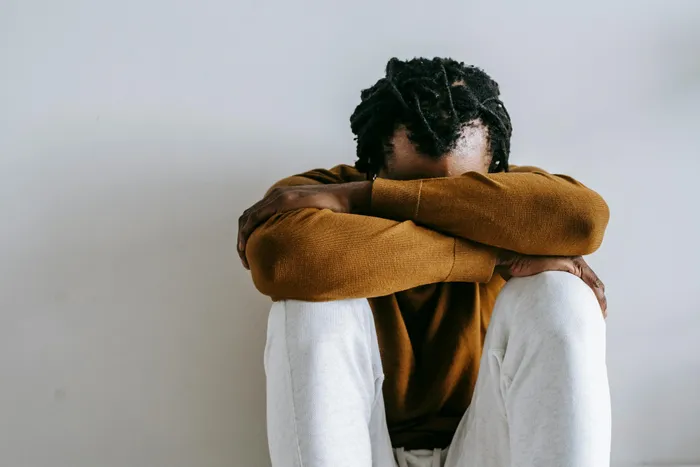Vital GBV action needed

Crucial: Men’s mental health struggles a concern. Picture: supplied
Groundbreaking new research has found that a shocking 70% of men believe that a woman should obey her husband, while 23% think that a woman can never refuse sex with her partner.
As South Africa embarks on the 16 Days of Activism campaign, a crucial dialogue surrounding men’s wellness has taken centre stage, propelled by the efforts of organisations like NGO, Father A Nation (FAN).
This important engagement addresses not only the urgent issues of mental health struggles and childhood trauma but also confronts the harmful stereotypes of masculinity that often lead to destructive behaviour among men.
The dialogue gained particular momentum following the recent release of the first national gender-based violence (GBV) study by the Human Sciences Research Council (HSRC).
In addition, the study also found that 15% believe a husband has the right to punish his wife for perceived wrongdoings.
Craig Wilkinson, the founder of FAN, dedicated to tackling the fundamental causes of GBV, crime, and fatherlessness, says these findings are “a wake-up call.”
“If SA is to make meaningful progress in eradicating GBV, these root causes must be addressed with urgency and intentionality,” he said.
His organisation, which has been in operation since 2010, firmly believes that “if we heal men, we will heal society.”
Nearly 15 years into its mission, the HSRC study reinforces this stance.
Wilkinson emphasised that abuse is not in a man’s inherent nature.
“It’s simply not in the DNA of a man to harm a woman or child,” Wilkinson said.
“Something has to go horribly wrong in a boy’s journey to adulthood for him to become abusive.”
The HSRC study supports this assertion, identifying childhood trauma and mental health issues as significant contributors to violent behaviour, while also revealing how distorted masculine ideals perpetuate abuse.
According to Wilkinson, turning the tide on GBV in SA needs investment in psycho-social support for men and boys, alongside education in positive and healthy masculinity.
“Counselling, mentorship, and trauma healing must become accessible and mainstream,” Wilkinson said.
Related Topics: